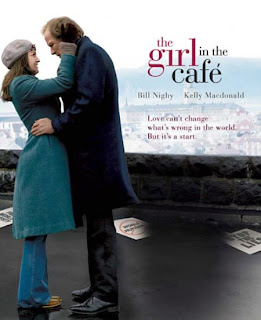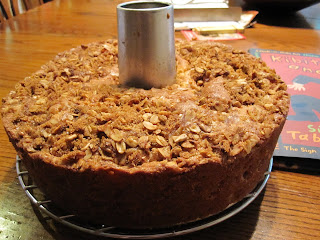
Just Foods is an important--but purposefully provocative--addition to the discussion about how we should grow our food and what we should eat. The subtitle: 'Where Locavores Get It Wrong and How We Can Truly Eat Responsibly' is an example of purposely poking at the current trends, and it is a distraction that is not necessary. The book covers much more of a waterfront than this, and is thought-provoking.
As Susan Wittig Albert summarizes in her Amazon review, McWilliams argues:
1) global food production is more fuel-efficient and more economically necessary (for developing countries that need export markets) than is local food production/consumption ("locovorism");
2) that organic farming is no more healthy for people and for the land than is "wisely practiced" conventional agriculture;
3) that genetically-modified crops, in the right hands, are not to be feared and are in fact necessary to feed the ten billions of people who will live on this planet by 2050;
4) that we must drastically reduce our production and consumption of meat animals and non-farmed fish;
5) and that we must get rid of "perverse" subsidies that undercut fair trade.
The last point is hard to disagree with. The fourth point is one that has been said over and over again, that we don't pay enough for our animal based protein, that it is not sustainable as a food resource for the planet, and that it is not particularly good for us.
As to point one, he does have some very reasonable arguments to sustain it, but the author is intending to stir up trouble rather than be truly thoughtful, so he doesn't lend much credence to the community building aspects of a locavore movement--he should go see a screening of 'The Road' and come back in version 2.0 of the book and add some of the points that are probably unquantifiable about local food movements.
On point 2 he speaks globally without data--the judicious use of technology and the good stewardship of the land and local resources are possible without being 'organic'--but this is an area where we have global issues, and certainly One Man, One Cow, and One Planet is a documentary arguing the opposite, that when Monsanto says you can do it better with chemicals in India, there were significant consequences. This is by far the weakest part of the book.
And then there is point 3. This is the one for which the counter balancing argument is not well fleshed out. True, we may have some 'save the world' potential in genetic engineering. We need the promise of higher yields, drought tolerance, and pest-resistance. My problem is with the lack of public ownership of this plan. McWilliams himself acknowledges that the only place for biotechnology is "the public domain," and that as long as the genes of the world's most important foods are owned and controlled by a "handful of corporations intent on monopolizing patents in the interest of profit," none of its benefits will be achieved.
I am grateful to James McWilliams for requiring me to read carefully and think about his arguments. Just Food engaged me fully and completely--not always comfortably, but always productively.
The bottom line. Just read Just Food. Give yourself time to read it. You will find that it is time well spent.












































